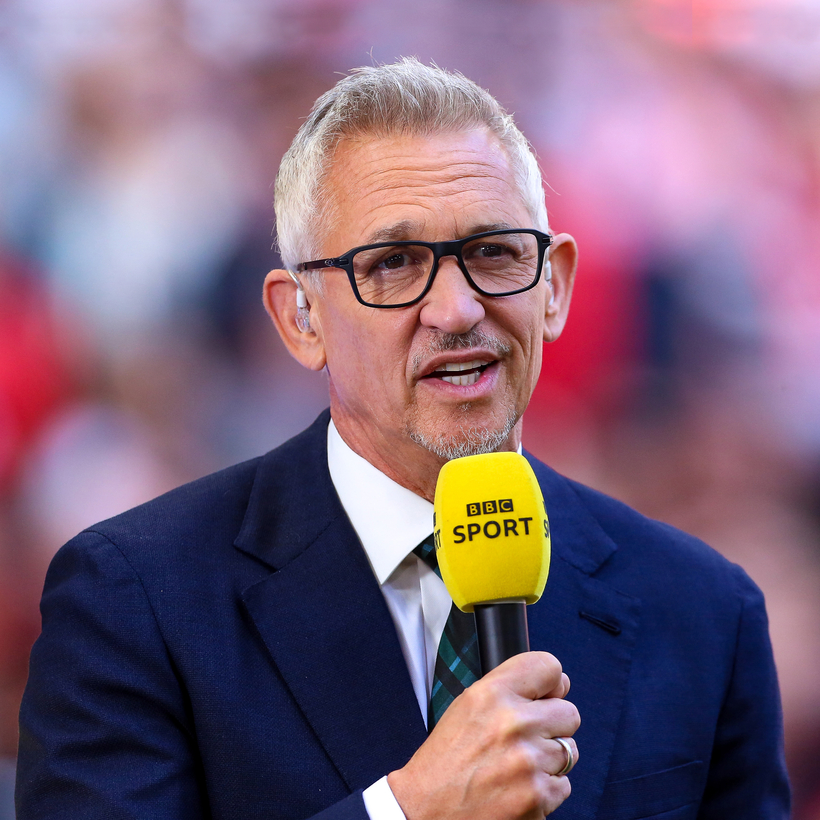It takes a lot to shake the BBC. Established 101 years ago to inform, educate, and entertain the people of Britain in equal measure, the national broadcaster has in its time weathered World Wars and catastrophe. It has held its own against commercial rivals, political challenges, home video, streaming, and Boris Johnson. It is as beloved an institution as the United Kingdom has. And yet, just over a week ago, it all but collapsed under the weight of a single tweet.
The tweet was written by Gary Lineker, the host of the BBC’s weekly Premier League soccer-highlights show, Match of the Day, and concerned a video made by Suella Braverman, the country’s home secretary. In the video, Braverman explained the government’s new policy of targeting refugees who cross the English Channel seeking asylum by sending them to Rwanda, introducing the Trump-esque slogan “Stop the boats.” In response, on Tuesday, March 7, Lineker tweeted, “This is just an immeasurably cruel policy directed at the most vulnerable people in language that is not dissimilar to that used by Germany in the 30s.” And this, believe it or not, was enough to set the whole corporation aflame.


